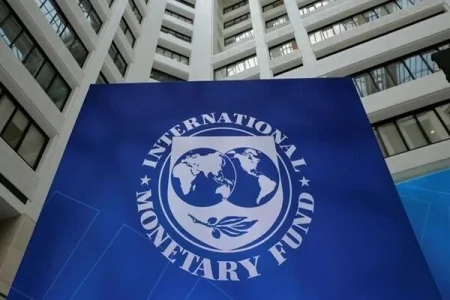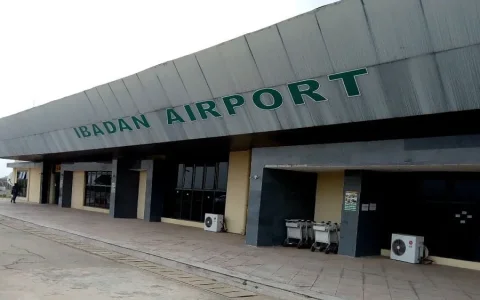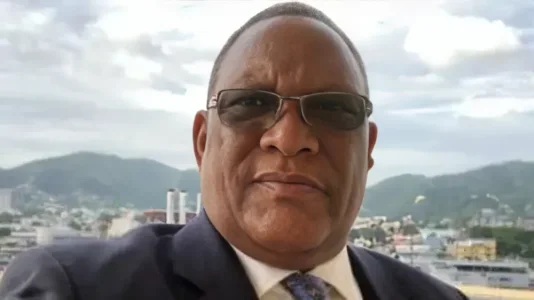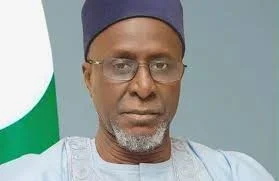
The IMF's latest report reveals that Nigeria's economic reforms under President Tinubu are failing to produce the desired results, with inflation remaining high and the exchange rate unstable. Despite regional improvements, Nigeria faces significant challenges in economic growth, debt service, and fiscal stability, urging deeper reforms for recovery.
The International Monetary Fund (IMF) has expressed concerns over the effectiveness of Nigeria's ongoing economic reforms under President Bola Tinubu. According to the IMF's recent outlook report for Sub-Saharan Africa, Nigeria's reforms introduced more than 18 months ago, have not yielded the expected results. Despite efforts to boost the economy, Nigeria's growth rate for 2024 is projected to be 3.19%, falling short of the regional average of 3.6%.
The IMF's Deputy Director, Catherine Patillo, presented the report, highlighting that inflation in Nigeria remains persistently high in double digits, continuing to affect citizens. While other countries in the region, such as Ghana and Cote d'Ivoire, have seen improvements in their fiscal positions, Nigeria's economic challenges, including high inflation and an unstable currency, remain unresolved.
Patillo pointed out that the country's fiscal health is under strain, with debt service consuming a large proportion of government revenue. She also noted that Nigeria has seen the most significant currency depreciation in the region this year.
In its analysis, the IMF recommended that Nigeria rethink its reform strategies, focusing on building support for these changes both within the government and among the public. The IMF also emphasized the importance of strengthening public trust and improving communication to ensure the successful implementation of long-term economic reforms.




